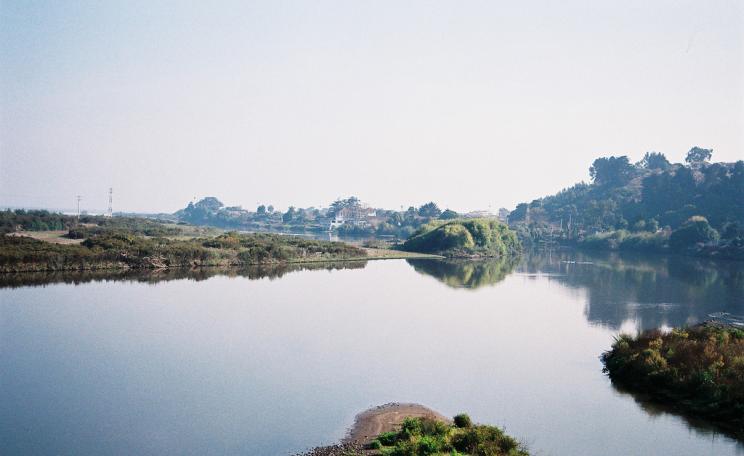The so-called social outbreak was a complaint for not being seen. Because the State was not fulfilling its fundamental commitment to take care of the well-being of the entire community.
The recent death of Humberto Maturana Romesín, on May 6, was the departure of one of the most important scientists of the twentieth century - and also one of the most emblematic emotional figures when it comes to criticising modern rationalism.
His research in the 70s, together with Francisco Varela, led him to posit the definition of life as autopoiesis (self-making), which was able to win him the Nobel Priz. He raised the revolutionary idea that living systems produce themselves, leaving in check the idea of the objectivity of science and the autonomy of reason.
His contribution to different fields of knowledge has been crucial - including education, communication, cybernetics, anthropology, sociology, psychology and life sciences.
Coexistance
Authors such as Niklass Luhmann, Vittorio Guidano, Gregory Bateson and Fritjof Capra, among many others, have stated how fundamental his contributions have been for the development of a radical constructivism and questioning the traditional modern dualities, such as object-subject, body-mind, reason- emotion, health-disease, culture-nature.
Hence, his gaze has always been transdisciplinary, post-rationalist and highly critical of reductionist conceptions of the world coming from objectivist science and anthropocentric philosophies.
Not for nothing, his development of a biology of knowledge and love in the last years that he lived, in close collaboration with Ximena Dávila at the Matríztica Training Institute, incessantly sought to position himself from a relational and loving paradigm, where empathy, care, reflection detached from certainties, trust and democratic coexistence were his horizons until the day of his death.
Likewise, it is impossible not to name perhaps his most important influence: his own mother, Olga Romesín, of Aymara training, with whom he would learn that the most important thing in life is to collaborate and share in community.
That is why his strong criticism of the fundamentalism of great totalising ideologies, supposedly liberating, which in practice would lead to mere doctrines that have made reflection and a good coexistence impossible.
Democratic
It is from that place that Maturana always expressed his criticism of political models focused on competition, on the denial of the other, through racism, machismo, classism, and a complete detachment from our planet Earth, as if we were the only beings alive, which has us in a climate crisis that is putting the minimum living conditions on the planet at risk.
The so-called social outbreak was a complaint for not being seen. Because the State was not fulfilling its fundamental commitment to take care of the well-being of the entire community.
During the social unrest in Chile during, which would lead to a historic popular revolt in the country and an unprecedented constitutional process, Maturana stated: “The so-called social outbreak was a complaint for not being seen. Because the State was not fulfilling its fundamental commitment to take care of the well-being of the entire community. And this has to do with the background of this culture focused on competition."
This was one of the last reflections that Maturana raised about what was happening in Chile before he died, which is fully in tune with and intertwines with what the different social movements in Chile have been proposing (feminist, indigenous, socio-environmental, regional, student) , as not only a critique of the neoliberal model and market fundamentalism that prevailed during the dictatorship and deepened in the last 30 years, but also in the search for a new State and society, focused on collaboration and trust.
Due to the aforementioned, with the election of constituents on May 15 and 16 in Chile, a new possibility is opened to build a different country, where we think for the first time the type of coexistence that we want to have, without exclusions, where the interculturality, sustainability, sexual diversity, gender equality and the right to difference, are embodied in a new institutional framework, which allows us to link in another way.
There have been decades of abuse, mistreatment and abandonment by the state against its own citizens and to the rest of the living beings. So taking the reflections of Humberto Maturana Romesín seriously is a good contribution to any attempt to build a more democratic future.
This Author
Andrés Kogan Valderrama is a sociologist, a PhD student in Latin American Social Studies and editor of the Observatorio Plurinacional de Aguas.






